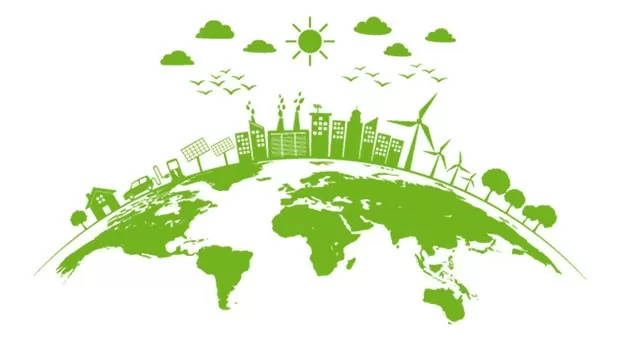
The need for a sustainable and environmentally friendly economic growth it took shape in the early XNUMXs, when society became aware of the fact that the traditional model of development would cause the collapse of the earth's ecosystem in the long term.
Over the years, the international community's environmental efforts, including the Paris Climate Agreement, have demonstrated concretely that the limits of the planet are real. And so, the new development model has founded its foundations on respect for the future.
Quality education is the basis for improving people's lives and achieving sustainable development. Important results have been achieved in terms of increasing access to education at all levels and increasing enrollment levels in schools, especially for women and girls. The basic level of literacy has improved significantly, but efforts must be redoubled to achieve even better results towards achieving the goals for universal education. For example, equality between girls and boys has been achieved worldwide in primary education, but few countries have achieved this at all educational levels.
• Enrollment in primary schools in developing countries has reached 91%, but 57 million children are still excluded
• More than half of out-of-school children live in sub-Saharan Africa
• It is estimated that 50% of children who are of primary education age but who do not attend school live in conflict-affected areas
• Worldwide, 103 million young people lack basic reading and writing skills, of which over 60% are women.
4.1 By 2030, guarantee every girl and boy freedom, equity and quality in completing primary and secondary education that leads to adequate and concrete learning outcomes
4.2 Ensure by 2030 that every girl and boy have quality child development, and access to pre-school care and education so that they are ready for primary school
4.3 By 2030, by XNUMX, guarantee equitable access for every woman and man to technical, vocational and tertiary education - including university - which is economically advantageous and of quality
4.4 By 2030, considerably increase the number of young people and adults with specific skills - including technical and professional skills - for employment, decent jobs and entrepreneurship
4.5 Eliminate gender inequalities in education by 2030 and ensure equal access to all levels of education and vocational training of protected groups, including persons with disabilities, indigenous peoples and children in vulnerable situations
4.6 By 2030, ensure that all young people and most adults, both men and women, have a level of literacy and a calculation capacity
4.7 Ensure by 2030 that all learners acquire the knowledge and skills necessary to promote sustainable development, including through education aimed at sustainable development and lifestyle, human rights, gender equality, the promotion of peaceful and non-violent culture, to global citizenship and to the enhancement of cultural diversity and the contribution of culture to sustainable development
4.a Build and strengthen educational structures that are sensitive to the needs of children, disabilities and gender equality and provide learning environments that are safe, non-violent and inclusive for all
4.b Considerably expand by 2020 globally the number of scholarships available to developing countries, especially in least developed countries, small island states and African states, to ensure access to higher education - including vocational training, information and communication technologies and technical, engineering and scientific programs - in both developed and developing countries
4.c Considerably increase the presence of qualified teachers by 2030, also thanks to international cooperation, for their training activities in developing states, especially in least developed countries and small island developing states
Ercole Palmeri: Innovation addicted
[ultimate_post_list id=”16641″]
An ophthalmoplasty operation using the Apple Vision Pro commercial viewer was performed at the Catania Polyclinic…
Developing fine motor skills through coloring prepares children for more complex skills like writing. To color…
The naval sector is a true global economic power, which has navigated towards a 150 billion market...
Last Monday, the Financial Times announced a deal with OpenAI. FT licenses its world-class journalism…